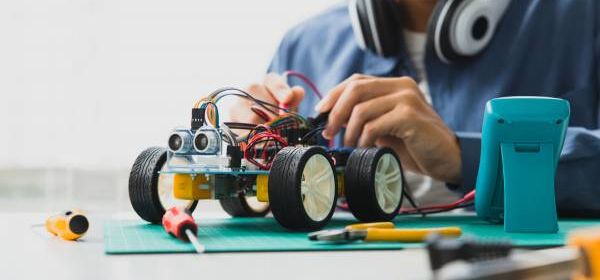
Wednesday, April 17, 2024
Science education is a cornerstone of modern-day schooling, equipping students with critical thinking skills and a deeper understanding of the world. In school districts that don’t receive adequate funding and support, using hands-on learning practices can help students from traditionally underrepresented communities in sciences engage with the curriculum. Incorporating hands-on science education is a practical and engaging approach that can offer countless benefits for students from all backgrounds.
What Is Hands-On Science Education?
At its core, hands-on science education is about getting students involved in direct experiences and experiential learning. Instead of merely reading from textbooks or watching videos, students are encouraged to conduct experiments, make observations and draw conclusions based on their experiences.